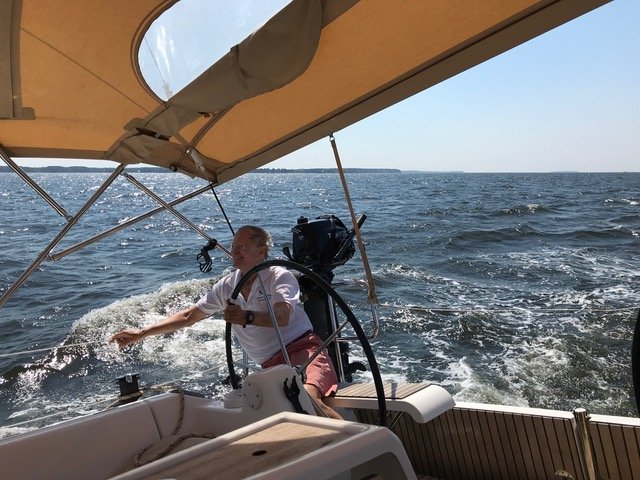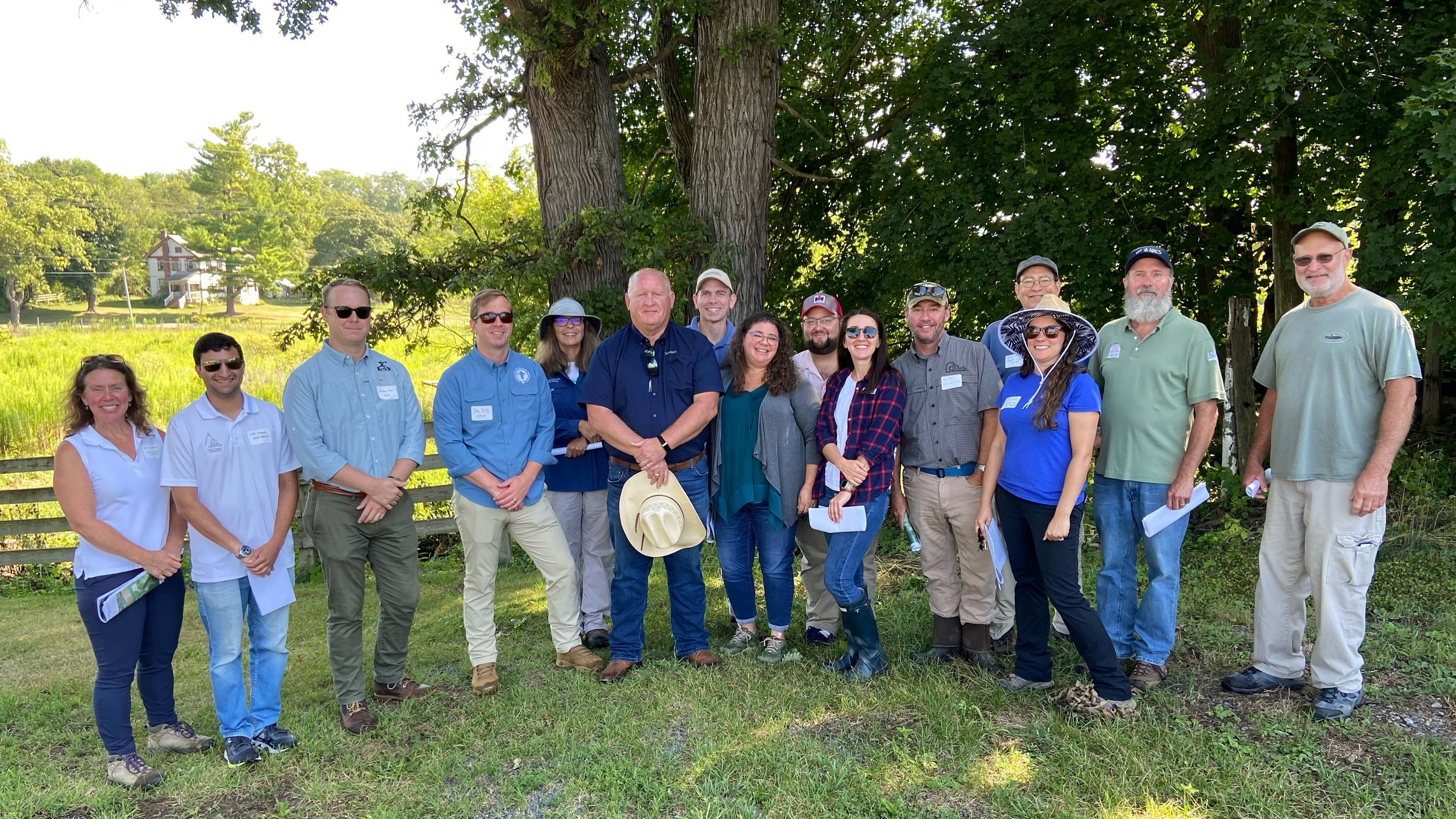
Agriculture
Agriculture is the largest source of pollution to the rivers and streams that feed the Chesapeake Bay. While many well-operated farms employ sound conservation practices that protect water quality, a lack of funding and technical resources prevent many farmers from implementing such practices. As a result, excess nutrients, sediment, bacteria, and toxins flow into local waterways and eventually reach the Chesapeake Bay.
If we are to reach our clean water goals throughout the Chesapeake Bay watershed, we must address pollution running off farmland. We need to support farmers in their pursuit to implement critical conservation projects on their land such as installing fencing to keep livestock out of waterways, properly storing manure, planting streamside buffers, and many more.
The Coalition addresses agricultural pollution in many ways, such as educating members of Congress on key provisions of the federal Farm Bill, encouraging state legislators to support their farmers through agricultural cost-share programs, and working with our members to develop valuable communications materials to tell farmer's stories on the value of stewarding agricultural land.
Agriculture Workgroup
The goal of the Coalition’s Agriculture Workgroup is to ensure the agricultural sector achieves pollution reductions necessary to reach the 2025 water quality goals.
Monthly Call:
The Agriculture Workgroup call is the first Thursday of the month at 1:00 p.m.
Workgroup Lead:
Sara Ramotnik
ramotniks@nwf.org
301-356-6983
An Understanding of Solar Fields in the Bay Watershed
At the Choose Clean Water Coalition’s 2023 Conference held in Harrisburg, PA, the Coalition and the Alliance for the Chesapeake Bay held an afternoon seminar on the state of large-scale solar siting in the Chesapeake Bay watershed. With an increasing demand for renewable energy, the quantity of large solar fields in the Chesapeake Bay watershed is on the rise. Land use conversion from agriculture and forest land to solar fields will have water quality and quantity effects. Gathering the non-profit environmental sector and leaders from state agencies and local governments, we examined where solar fields are placed based upon the implications of different zoning policies in various jurisdictions.
Preparing for the 2023 Farm Bill
The Farm Bill—almost a century old and re-passed about every five years—impacts every aspect of agriculture from seed to plate through funding for dozens of US Department of Agriculture programs. As we prepare for the next Farm Bill in 2023, Environmental Policy Innovation Center's Harry Huntley shared a history of the Farm Bill, an overview of programs relevant to clean water in the Chesapeake Bay watershed, and opportunities for members to participate in shaping one of the federal government's largest investments in conservation.
Our Latest on Agriculture
Telling the Farmer’s Story
Since 2018, the Coalition has produced several videos showcasing farmers in Pennsylvania and Virginia making the compelling case for investing in agricultural conservation practices. Sharing their motivation for implementing conservation practices on their farms, the videos highlight not only the many benefits of the conservation practices to the health of their farms, but also the positive ripple effects to local waterways and the economy.
Multiple videos received recognition from the prestigious Viddy Awards, one of the largest competitions in film and video. For the videos featuring Pennsylvania farmers, Ezra Thrush, Senior Director of Government Affairs at PennFuture, said “These videos are instrumental in guiding lawmakers and their constituents—both urban and rural—toward understanding how it is in their community's own interest that the Pennsylvania General Assembly provide farmers with the funding they need to ensure healthy farms and, in return, healthy water for all Pennsylvanians.” Added Pat Calvert, Policy and Campaigns Manager at Virginia Conservation Network and Virginia State Lead for the Coalition, “Since these videos were released, we have since seen significant increases to funding support for farms and agencies who design and implement Bay-saving, on-the-ground conservation actions.”






